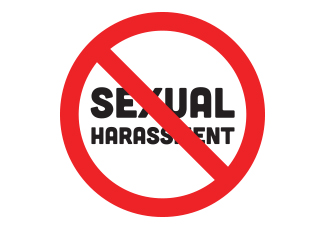
Employment References and Sexual Harassment Accusations
In light of increased media attention on sexual harassment in the workplace, employers have largely re-focused on training and prevention as well as response and investigation efforts. But an employer’s inquiry into their harassment-related policies and procedures may need to go one step further: what do you say if asked for a job reference for an accused harasser?
Generally, employers have long been counseled to give only the basic employment verification information with no performance review to those seeking references. However, many argue that this policy allows those who are accused of harassment (or other misconduct) in the workplace to move freely from job to job. In an attempt to protect employers who wish to provide more substantive references, Kansas and Missouri have statutes that extend qualified and/or absolute (depending on the specific circumstances) immunity to employers who respond to requests concerning current or former employees from a prospective employer.
In Kansas, pursuant to K.S.A. § 44-119a, employers are granted absolute immunity from civil liability if they respond truthfully in writing to a written request for information regarding written employee evaluations conducted prior to separation from employment and whether the employee was voluntarily or involuntarily released from service as well as the reasons for the separation. The employer has absolute immunity for the truthful disclosure of employment dates, pay level, job description and duties, and wage history, regardless of whether or not they were disclosed verbally or written.
Section 290.152, R.S.Mo., similar to its Kansas counterpart, allows an employer to respond in writing to requests about current and former employees from those whom the employer reasonably believes to be a prospective employer. Under Missouri’s statute, an employer is immune from civil liability for the truthful disclosure of the “nature and character of service” rendered by an employee, dates of employment, and cause (if any) of any voluntary or involuntary termination. They employer must provide the employee with a copy of the written response.
While these statutes make it clear that an employer is allowed to provide certain performance and termination information, neither state requires an employer to provide performance information or opinions to a reference-seeker. Martin Pringle’s employment law attorneys recommend talking with counsel before making any such disclosure.
The law in this area will continue to evolve as the nationwide push to combat harassment grows. Martin Pringle’s employment attorneys recommend that all employers review (and possibly revise) their HR policies and procedures to guide any response to reference requests. There may be other legal issues to consider as well including service letter requirements. We are available to work with you to address any questions you may have regarding references and other termination-related matters.